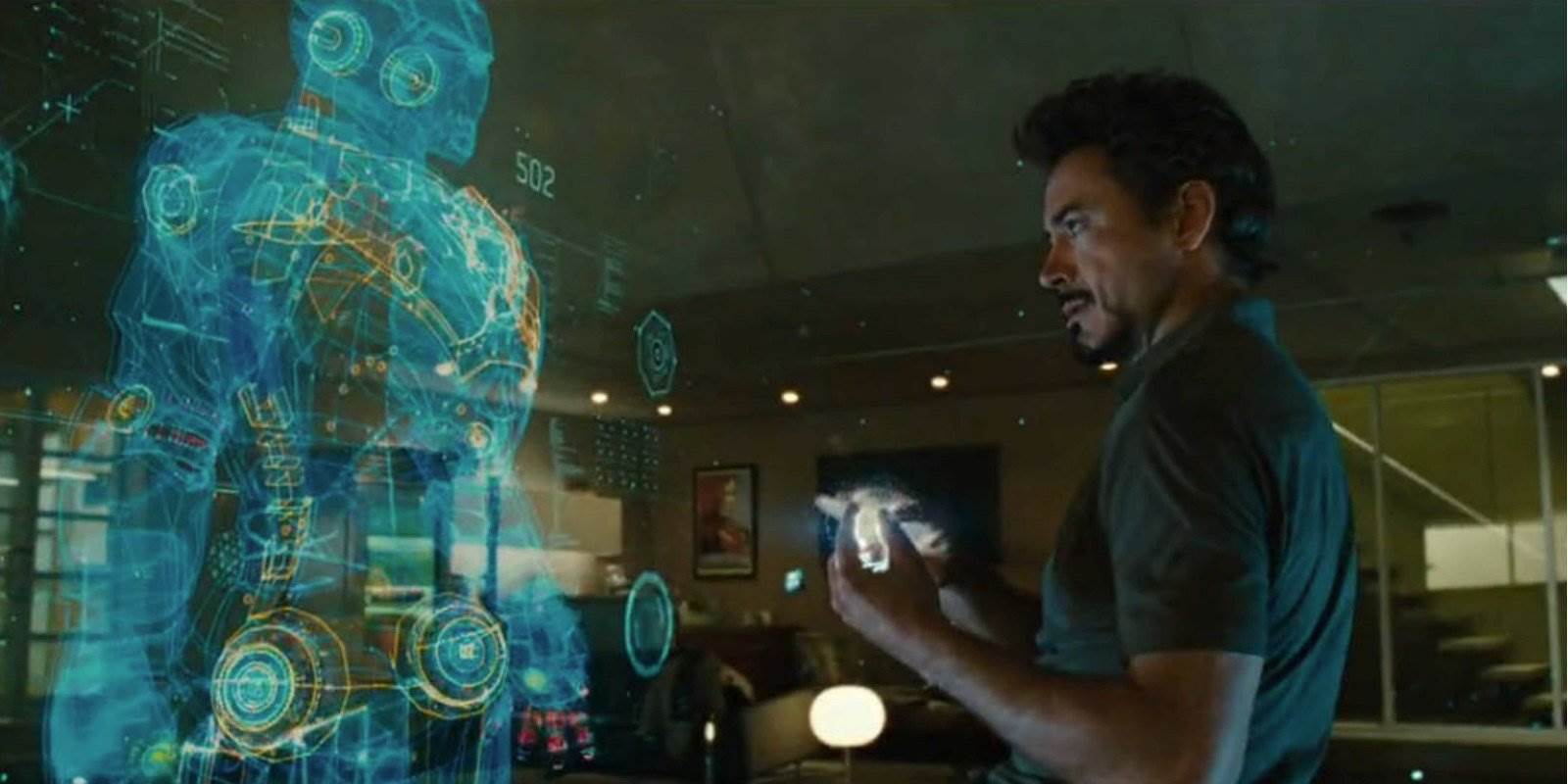Many want Virtual reality to succeed. Not just manufacturers of the headsets or the programs, although they have a strong vested interest in seeing it succeed. However, many consumers want VR to work out as well. It is expensive after all, so if you bought into the technology early, you would want to get a return on investment. Even those who have yet purchase a headset would like to see it work. There is still a chance, though, however slight, that the whole VR experiment could come crashing down around us. Here are some ways it could fail.
Another technology could take its place
Image courtesy: Technology Diving
Technology is a constantly evolving mess, where it’s nearly impossible to say what will succeed and what will fail. We could list countless stories of excellent ideas that just failed to make it big, for whatever reason. Sometimes, it’s just that an alternative comes up that just appeals more. Virtual Reality is still considered a gimmick by many, and there is no guarantee that it will have time to become a staple. Technologies such as holographic displays, foldable screens or something we don’t even know about yet could steal VR’s thunder and make it a failure. So far there isn’t anything that can match VR for the same price point, but you never know.
Failure to win the casual crowd

Image courtesy: Screenshot News
VR will always have its believers. Even the Virtual Boy, which was an abject failure, did have some people buy them. Gamers are notoriously willing to spend lots of money to get the best possible experience, so that is not a problem. However, the real money lies in the casual crowd. Mobile gaming realised that a long time ago, and that is why it has the biggest market share. It is why consoles are more appealing than PC gaming. This is where VR needs to make the most significant impact. It can’t just be mobile VR which targets that market either. Right now, there are plenty of short fun experiences for casual users, but they need to be more than that. They need to find a business model which will make VR appealing to those who only have a passing interest in technology. Win that battle, and VR cannot be a failure.
Lack of compelling content

Image courtesy: selfieworld.com
This is where consoles have died before, and this is the most likely scenario for VR to fail. Especially for PC VR, there needs to a wide selection of deep VR experiences to make it worthwhile. Remember that PC VR costs over S$1000 without including a PC to power the experience. Right now most VR experiences are good for a short period before nausea kicks in, or the experience ends. This is not enough to justify paying that kind of money. Thankfully there are plenty of developers trying to make the most out of the technology. However, until larger companies begin innovating as much as independents this can only achieve so much.
Sitting on your Laurels

Image courtesy: Slide Team
One danger that could hit VR is believing that there is nothing left to innovate. Now, that hasn’t happened yet, as HTC has already innovated on its headset. Oculus is also working hard to refine its work. With the large number of developers now working on VR, this is only a small potential failure. That is not to say it couldn’t happen down the line, however. If we reach a point where only one headset manufacturer has a monopoly and stops trying to innovate their product. With stagnation comes the end of the technology. Again, this is very unlikely to happen. But that doesn’t mean that it won’t.







